
A Complete Guide to Forex Market Regulations and Top Regulatory
Estimated reading time: 4 minutes
Table of contents
The Forex market is one of the largest and most dynamic financial markets globally, attracting millions of traders. However, with great opportunities come significant risks, especially when dealing with unregulated brokers. That’s where regulatory bodies step in—to enforce rules, ensure transparency, and protect traders. In this article, I’ll break down what Forex regulations are, why they matter, and how you can find a trustworthy broker.
What Are Forex Regulatory Bodies and Why Do They Matter?
Understanding the Role of Regulators
Regulatory bodies oversee and monitor brokers to ensure they comply with financial laws and protect client rights. Think of them as the “police” of financial markets—preventing fraud, market manipulation, and illegal bankruptcies.
Simply put, the stricter a regulator, the safer a broker. Choosing a broker with a strong regulatory license means better security, fair trading conditions, and more protection for your funds.
Why Is Regulation Important in Forex Trading?
Regulators enforce strict financial rules to protect traders and create a fair trading environment. Here are some key reasons why they matter:
1. Protecting Client Funds
Regulated brokers must keep customer funds separate from company operational accounts, ensuring your money is safe even if the broker faces financial trouble.
2. Ensuring Transparency
Regulatory authorities monitor broker transactions to prevent price manipulation and unfair practices. This guarantees that your trades are executed fairly.
3. Encouraging Healthy Competition
Strict regulations prevent brokers from engaging in shady tactics, forcing them to compete based on service quality rather than deceptive offers.
4. Dispute Resolution
If you ever face an issue with a broker, top-tier regulators provide legal channels for complaints and dispute resolution—ensuring your concerns are addressed.
Read More: The Security of Transactions Under the Shadow of FinCEN Supervision
How to Find a Trustworthy Forex Broker
Not all brokers are created equal. To avoid scams and unreliable services, here’s how to identify a reputable, regulated broker:
1. Check Their Regulatory License
Ensure the broker is licensed by a top-tier regulator such as FCA (UK), CFTC (US), or ASIC (Australia).
2. Verify the License Number
Go to the regulator’s official website and search for the broker’s license number to confirm legitimacy.
3. Read Trader Reviews
Check independent review platforms and Forex forums to see what other traders say about their experience with the broker.
4. Compare Trading Conditions
A good broker should offer competitive spreads, fast execution, and strong security measures—not just an attractive bonus.
Comparison of Top Forex Regulators
Here’s a breakdown of the most well-known Forex regulatory bodies and how they protect traders:
| Regulator | Region | Regulatory Strictness | Client Protection | Global Reach |
|---|---|---|---|---|
| FCA (Financial Conduct Authority) | UK | Very strict | Segregated client funds | International |
| CFTC (Commodity Futures Trading Commission) | USA | Very strict | Anti-fraud regulations | International |
| ASIC (Australian Securities and Investments Commission) | Australia | Strict | Transparency enforcement | Limited to Australia |
| CySEC (Cyprus Securities and Exchange Commission) | Cyprus | Moderate | Limited client protection | Europe & some regions |
| FSA (Financial Services Authority) | Seychelles | Weak | Minimum financial standards | Offshore |
Deep Dive: Key Forex Regulators
1. FCA – The Gold Standard in Forex Regulation
The Financial Conduct Authority (FCA) is one of the most respected regulators worldwide, enforcing strict rules to protect traders.
Example: In 2019, FCA revoked several brokers’ licenses for financial misconduct and ensured affected traders were compensated.
2. CFTC – The US Market Watchdog
The Commodity Futures Trading Commission (CFTC) sets extremely high standards, using advanced technology to monitor brokers.
Example: In 2020, CFTC fined a fraudulent broker $10 million and refunded customers who suffered losses.
3. ASIC – The Australian Regulator
ASIC enforces strict financial transparency among brokers.
Note: Due to 2021 regulations, ASIC now limits services to non-Australian clients.
4. CySEC – The European Regulator
CySEC is a mid-tier regulator covering many European brokers. While not as strict as FCA or CFTC, it’s better than offshore authorities.
5. Offshore Regulators – A Red Flag
Some brokers obtain licenses from weak regulators in offshore locations like Seychelles or the Marshall Islands. These regulators lack strong enforcement, putting traders at risk.
Warning: Many scam brokers use offshore regulation to appear legitimate while avoiding strict oversight.
Read More: What Makes a Great Forex Broker? Key Criteria for Your Success
How to Verify a Broker’s Regulation
To confirm if a broker is properly regulated, follow these steps:
Visit the broker’s website and look for their regulatory information.
Check the regulator’s official website to verify the license.
Read real trader reviews to spot red flags.
Compare broker conditions to ensure fair and transparent trading.
Final Thoughts: Why Regulation Matters in Forex
Regulation is the backbone of trust and security in the Forex market. Choosing a broker licensed by a top-tier regulator ensures your funds are protected, your trades are fair, and you have recourse in case of disputes.
Share
Hot topics
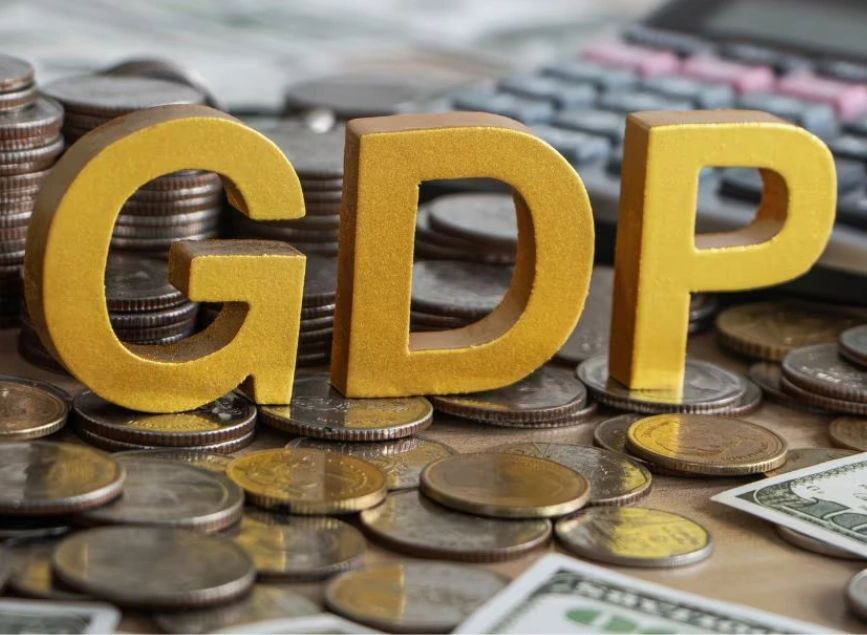
What Is GDP? A Complete Guide to Gross Domestic Product
GDP or Gross Domestic Product is one of the most powerful indicators used in global economics. It plays a central role in the decision-making processes of investors, central banks, governments,...
Read more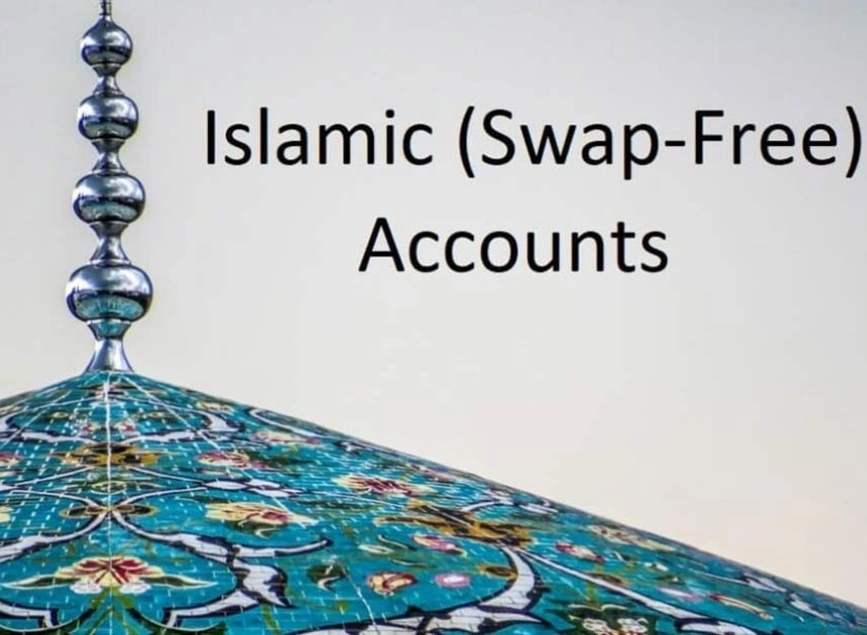
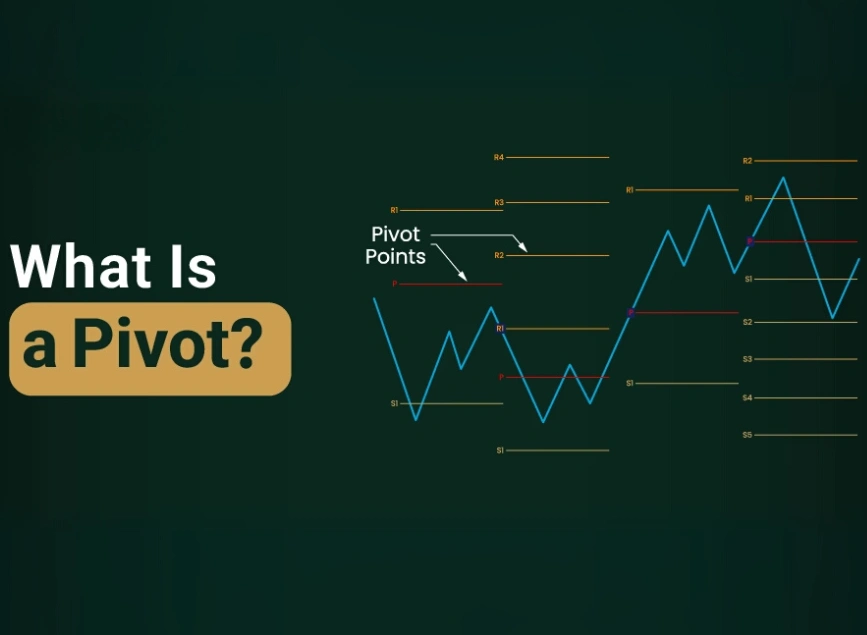
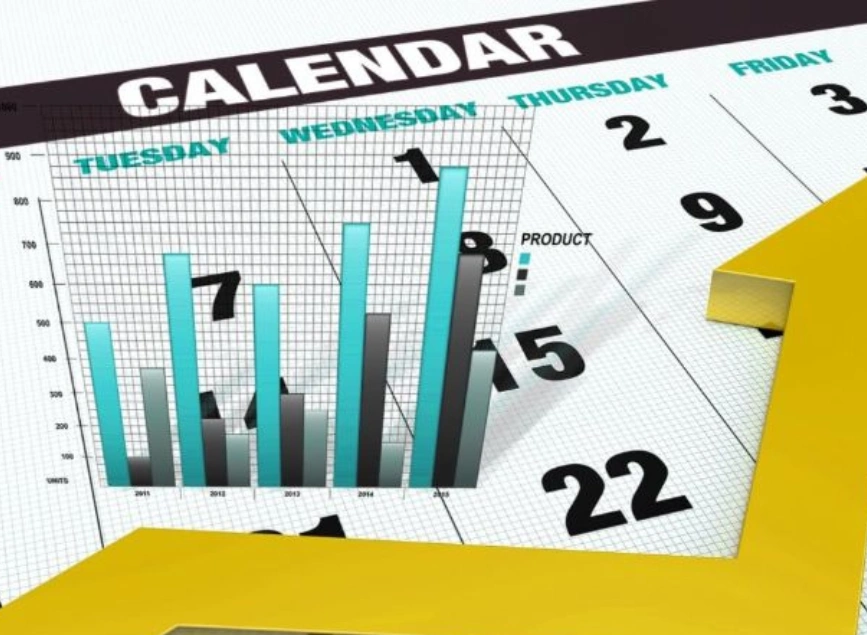
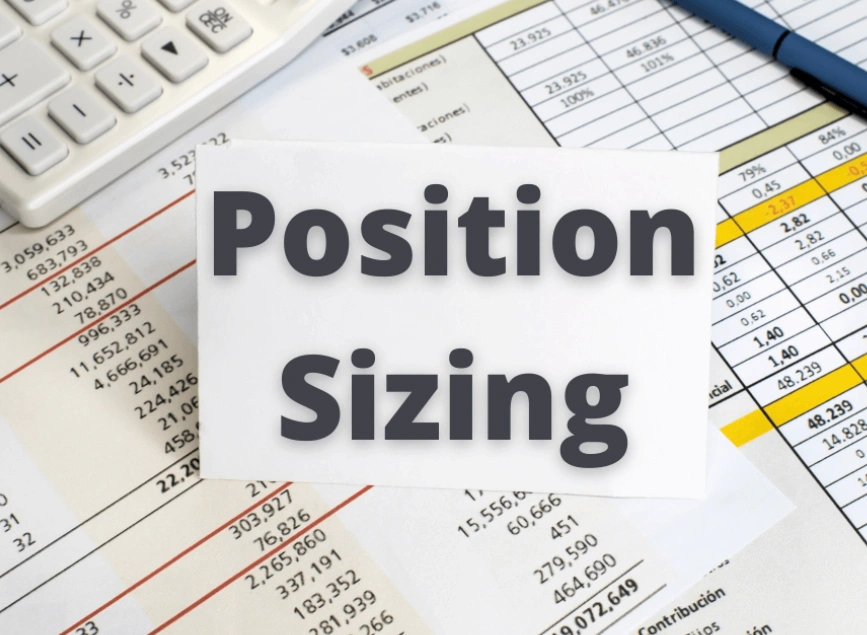

Submit comment
Your email address will not be published. Required fields are marked *